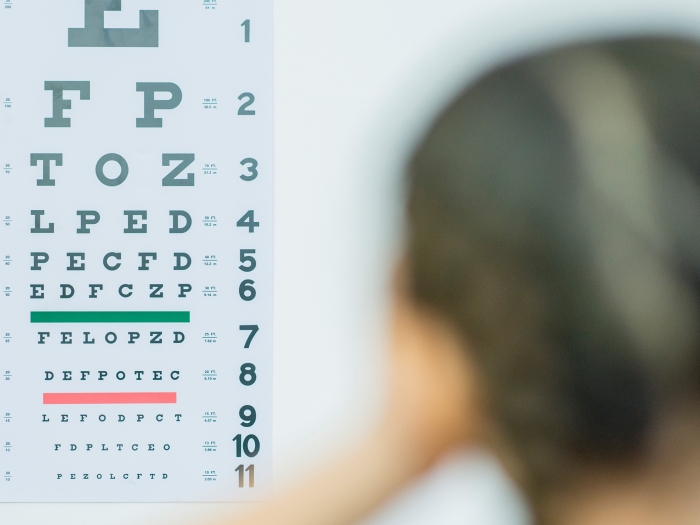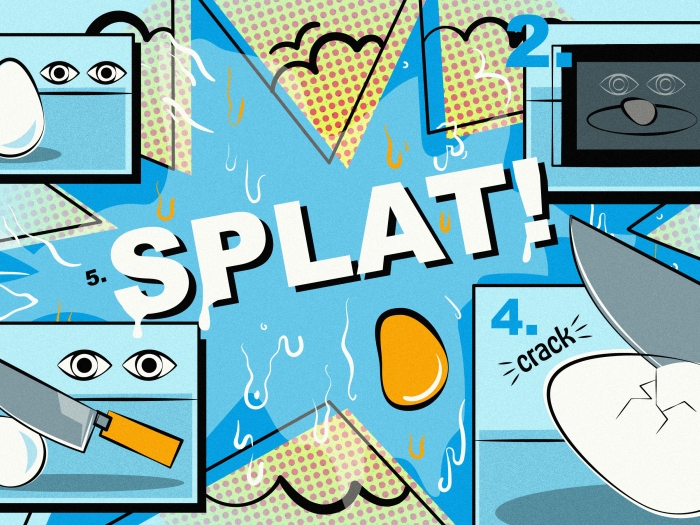What should you consider when choosing the best kind of artificial tears for your eyes?
10:23 AM
Author |

This article was updated on October 31, 2023.
Following a link to bacterial infections, the CDC and FDA advised against using EzriCare Artificial Tears in early 2023. The bacteria in question, Pseudomonas aeruginosa, is a common cause of corneal ulcers, said Kevin Mundy, M.D., clinical associate professor of ophthalmology and visual sciences at Michigan Medicine’s Kellogg Eye Center.
These ulcers can lead to scarring and long-term visual deficit, especially if not addressed immediately.
Months later, the FDA added many other brands to their list of those to avoid. The warnings from the CDC and FDA could be concerning for the many people who turn to “artificial tears”, or eye drops, for their dry eyes. However, Mundy says not to worry, there are plenty of brands to choose from and many other things to consider when choosing the right kind of eye drops.
Mundy offers these tips:
Determine frequency of use
Mundy generally recommends drops be used four times a day or less if they’re the preserved variety. Preserved artificial tears, which are most types of drops that come in a multi-use bottle, are fine for those who use their eye drops infrequently.
However, those who exceed four times daily should try a preservative-free variety as preservatives can become an irritant. Mundy says it’s important to read the fine print on labels since preservative-free drops can be tough to identify – they're almost always packaged as individual vials, but can come in bottles as well.
Avoid the claims of “getting the red out”
Mundy says eye drops that claim to eliminate redness can actually worsen the problem and do harm in the long run. The chemicals used in these products work by shrinking the blood vessels, causing the body to produce factors that dilate the vessels.
A better option for reducing redness is lubricating the eyes. Mundy says this can be done by using artificial tears or it may be as simple as getting enough sleep.
Apply drops correctly
Mundy says the best way to apply eye drops is to tip the head back and pull the lower lid down to provide a large landing space for drops. Those who dislike or have difficulties putting things around their eyes can lay down or recline, close their eye, squeeze a drop in the inside corner, and open the eye to let the drop roll in.
Mundy notes that it’s important to avoid touching the dropper tip to the hands, lashes, lids, or surface of the eye – this could cause contamination and allow bacteria to proliferate within the bottle.
Know when to switch
In addition to monitoring how often eye drops are used, Mundy says to observe whether they become bothersome – eyes that are very dry can sting for a few seconds after drops are applied, but this should be mild and resolved quickly.
If any discomfort is prolonged, consider switching. Mundy also recommends speaking to a doctor who can suggest an ideal type of eye drops, especially for those who have a history of eye disease.
Live your healthiest life: Get tips from top experts weekly. Subscribe to the Michigan Health blog newsletter
Headlines from the frontlines: The power of scientific discovery harnessed and delivered to your inbox every week. Subscribe to the Michigan Health Lab blog newsletter
Like Podcasts? Add the Michigan Medicine News Break on Spotify, Apple Podcasts or anywhere you listen to podcasts.

Explore a variety of healthcare news & stories by visiting the Health Lab home page for more articles.

Department of Communication at Michigan Medicine
Want top health & research news weekly? Sign up for Health Lab’s newsletters today!





